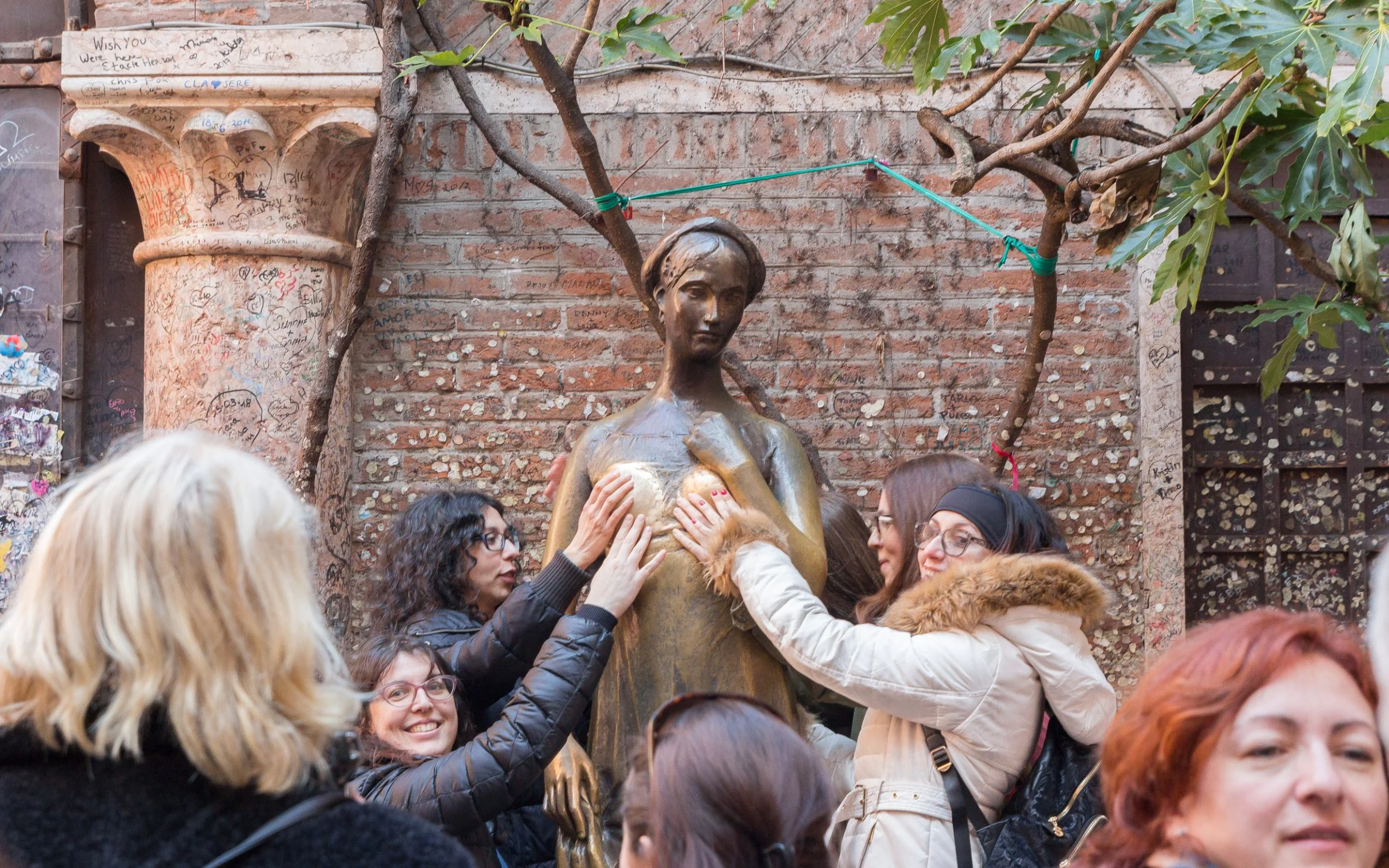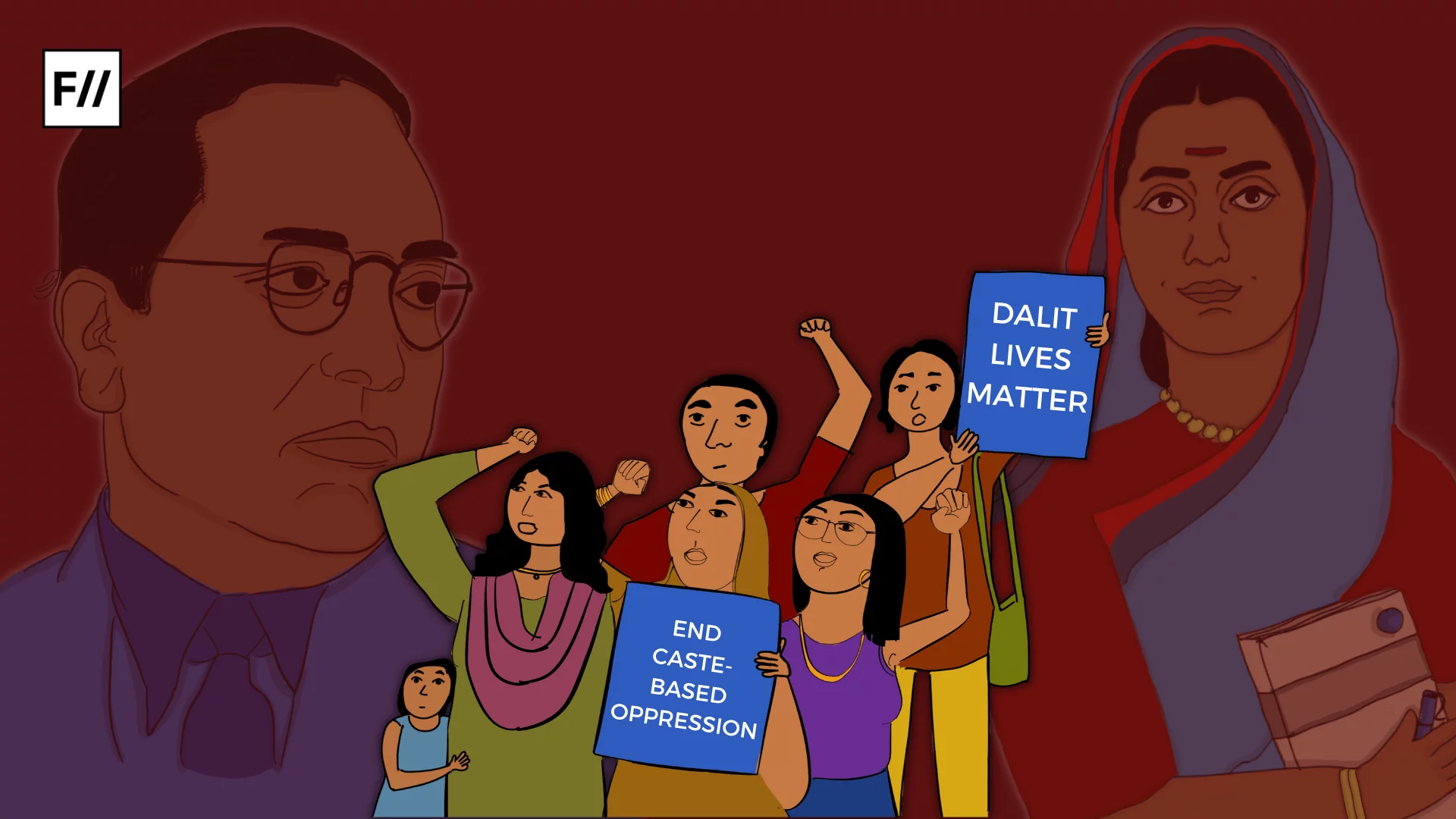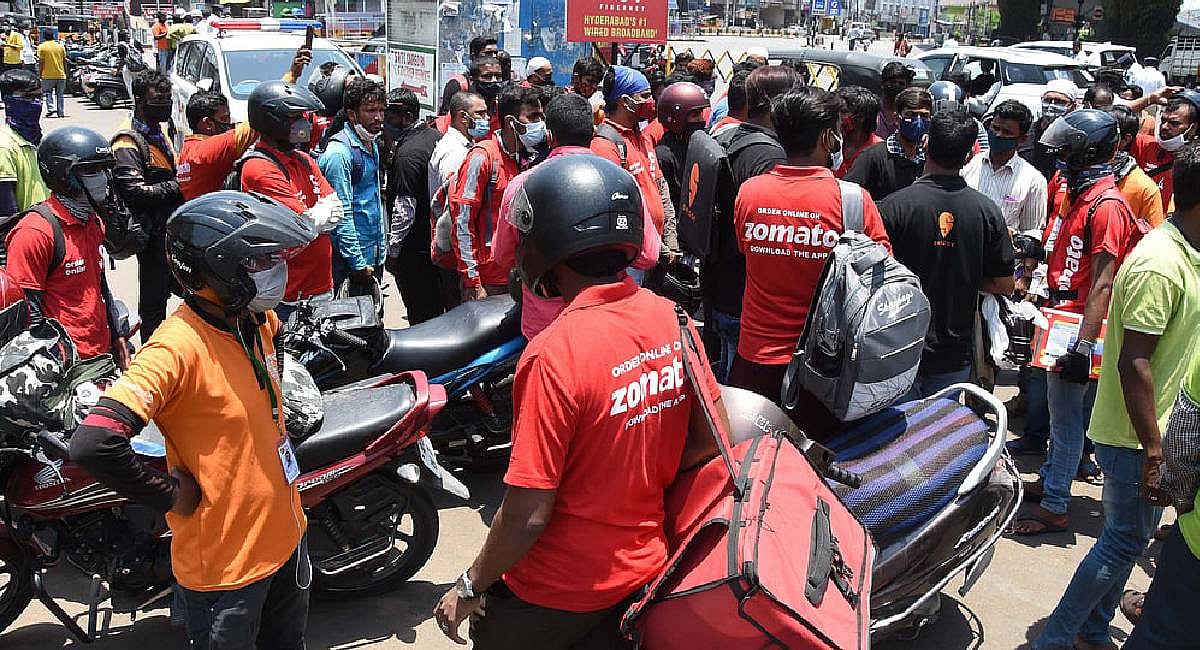The Covid-19 that has brought almost the entire world to a standstill is affecting our mental health in dangerous ways as we continue to self-isolate ourselves and maintain social distancing. Although the dominant discourses on public health focuses on tackling and preventing the visible symptoms related to corona virus, the discussion related to mental health, psychological well being has taken a back seat. Many of us who are in graduate school and pursuing advance academic degrees are struggling with a sense of guilt- the guilt of not being productive, the sudden interruption in our research that feeds the vitals into our sense of identity.
The glorification of the labour associated with pursuing doctoral research is a direct outcome of the capitalistic social norms that dictates the way young researchers weigh their self worth. As much as a doctoral project is a fruit of labour, it is essential to address the structural and institutional harms done to graduate students and their mental health. The constant demand and supply of ‘productivity’ in academia, the thumb rule of survival: “publish or perish” is not only problematic but dangerously harmful. While it is important to avoid the risk of granting universality to the mental trauma of graduate students, one has to acknowledge that students who belong to the visible minority group and are marginalized in some way or the other, have to navigate multiple layers of vulnerability.
The constant demand and supply of ‘productivity’ in academia, the thumb rule of survival: “publish or perish” is not only problematic but dangerously harmful. While it is important to avoid the risk of granting universality to the mental trauma of graduate students, one has to acknowledge that students who belong to the visible minority group and are marginalized in some way or the other, have to navigate multiple layers of vulnerability.
On Productivity
The concept of productivity in these unnatural times needs to be problematized as well as deconstructed. The obsession with productivity is symptomatic of how we have led to the normalization of a neo-liberal way of life. The internet is filled with memes and poster suggestions reminding us of the blissful free time that quarantine can provide us with, to finish our pending academic project or to write a novel, just the way Newton did when he was in self isolation in England.
The internet well wishers however fail to address the overwhelming sense of loneliness, the uncertainty of the future and impending financial troubles that we find ourselves dealing with. The obvious solution to avoid the extreme psychological impact of Covid-19 is to write a novel! From the position of feminist subjectivity, it is important to take a long pause and reflect on one’s position and to reconsider the priorities amidst a global pandemic. Is it really worth all the physical effort of being productive when the emotional labour of addressing crippling mental health issues exhausts you?
Also read: Amid Covid-19, India’s Deep Rooted Exclusivity Becomes Evident
The problem with productivity is it is measured by one’s physical capacity to get a work done while the emotional labour remains invisible. Surviving a global pandemic is equally productive even if one refuses to be a part of the toxic survival drill persistent in academia. As Sara Ahmed would suggest in her ‘Living a Feminist Life’ (2016) the ninth principle of being a feminist killjoy: “the willingness to snap any bonds, no matter how precious, if they are damaging to myself or others”. It is important to be a feminist killjoy to reclaim your agency and to dismantle the pressure of the academy.
From the position of feminist subjectivity, it is important to take a long pause and reflect on one’s position and to reconsider the priorities amidst a global pandemic. Is it really worth all the physical effort of being productive when the emotional labour of addressing crippling mental health issues exhausts you?
On being a Willful Feminist Killjoy: Thanks to Sara Ahmed
Sara Ahmed’s (2016) Killjoy Manifesto has been instrumental in helping me develop my willfulness to defy the norms of happiness that comes out of being productive. After much discussion and critical self-evaluation, I have been able to shed off the guilt of not participating in the rat race of producing cutting-edge research when a pandemic is at work. I refuse to do any more psychological harm to myself or to others who are struggling, like I am to pass every single day. Ahmed has helped me come to the realization of me being a ‘leaky container’ allowing the emotional spillage of loneliness, grief and fear.
We are witnessing an unprecedented global pandemic that has an overwhelming impact on how we see our future selves; where we see our future selves and whether we will be able to accept us the way we emerge out of this catastrophe. We have to survive first and then continue with our projects. The killjoy inside me snaps me out every time I feel guilty of not being able to concentrate, or hiding my face behind the ‘stop video’ feature in zoom!
She reminds me at this moment nothing matters more than preventing the neoliberal structures from causing permanent self damage. Collectively we are responding to a global pandemic, and navigating anticipatory grief not knowing what the future holds for us. Ahmed, recognizes the limits of our productivity and suggests the use of permission notes in her killjoy survival kit. Some permission notes that we can collectively share as a community could be:
- Allowing yourself to rest and not do anything for few days and to modify the ‘normal’ in your life in response to the current situations.
- Reminding yourself that all the emotions that you are navigating are valid and the leakage is normal. It helps you identify the red-flags early on and adequately address them.
- Drawing a difference between toxic productivity and creativity. If you feel you need to be productive set small goals that you can achieve. (I was able to finish this essay after seven days of constantly pushing the self assigned tasks) Taking time is absolutely okay in these unnatural times. Slowing down is healthy. If creating something from scratch is a source of happiness: cooking, baking, artistic expressions, watering your plants invest your time there.
- Be kind to yourself and take pride in being a killjoy if you defy the structural norms that wounds your mind.
- Add to the permission notes as long as it helps you cope.
Also read: Ecofeminism And COVID-19: Prejudices Of A Hindu Brahminical Society
Conclusion
As Feminist Killjoys, thumb rule that we should hold on to is as Ahmed says we are our own survival kit. As insiders within, it is on us to break the wheel of toxicity and pave the way for change. As willful feminists, our resistance to the structures of oppression is in our survival, in our own terms. It is not too late to remind yourself that you are enough and for now you are doing a great favour to yourself by just breathing and taking one day at a time.
Deeplina Banerjee is an intersectional feminist pursuing her PhD in the Department of Women Studies and Feminist Research in the University of Western Ontario, Canada. Her research lies at the intersection of genocide, sexual violence, trauma and testimony. She holds an MPhil from Jadavpur University. She can be reached at: dbanerj3@uwo.ca. You can find her on Facebook.
Featured Image Source: Research Leap




